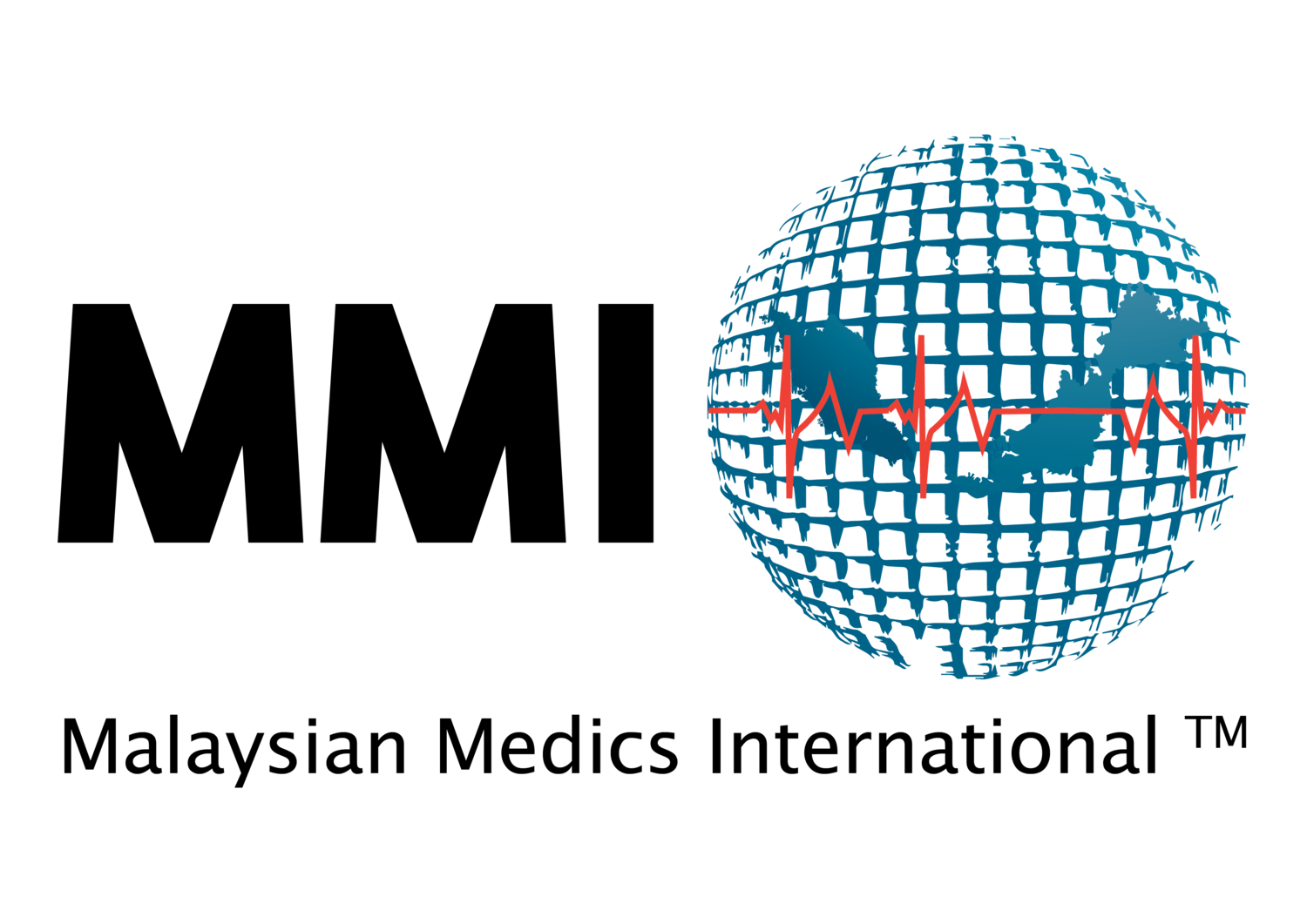“It Was My Duty as a Rakyat To Serve My Beloved Country.”
Humans of Medicine #22
Let’s start off with a bit of my background. I was a medical officer in the Psychiatric department in Johor before the pandemic began. Our nation, as a whole, did an amazing job tackling the Covid-19 pandemic during its first and second waves. However, in late September, there was an exponential increase in the number of cases in Sabah. A new epicentre of the Covid-19 outbreak was in the making, and there was the growing possibility of assistance needed in Sabah.
The Health Ministry inevitably called for volunteers in September, and I knew I had to be there to help. It was my duty as a rakyat to serve my beloved country. I am unmarried with no children, and my parents are healthy. Johor was a green zone with little to no active cases, whereas healthcare workers in Sabah were facing heavy workloads day after day and were at danger of suffering from burnout. What excuse did I have? With the blessings of my family, I decided on going to Sabah. I was subsequently arranged for deployment to Sabah for a two month period.
And then my worries began.
My first trip to the local grocery store was a sign of what the future held for me. I saw minimal social distancing among the patrons, with very few people wearing masks despite the implementation of mandatory mask policies. The situation was a ticking time bomb and I started to wonder; would I see these same faces again, but in the quarantine centre? These people have a higher risk of coming into contact with an infected person compared to back home. And I was right, as a huge cluster was later found in the area.
Providing service at a low-risk quarantine centre, we monitored the patients’ condition until they are deemed fit for discharge (based on the Health Ministry guidelines of Covid-19 management). We had to keep a close eye on the vital signs of our patients, if a patient’s condition worsened, we have to send them to the Covid-19 referral hospital. As patient numbers were high, in addition to limited amount of staff numbers, the amount of work on our staff was heavy.
Although we do have short breaks during our working times, I reached home every night stripped of energy, going straight to bed at 8pm. It was really tough working while wearing a full suit of Personal Protective Equipment. But when you’re given a job, you don’t grumble, you just get it done, no matter how hard it gets. What kept me going was working alongside a team of lovely colleagues, plenty of whom are contract staff (doctors and nurses). It was an honour to serve alongside them, who put aside the uncertainty regarding their job security to serve the country faithfully.
With the increase in the number of patients nationwide and globally, stress and anxiety were getting more and more common among patients who were admitted to our centre. This was understandable, as many of our patients have many commitments which could not be attended to during their admission. The family breadwinners worry about how to bring food to the table, the homemakers worry about their young, unattended to children at home. Everyday, healthcare staff with no facial features donned in blue suits entered their room to check in on them. That 5-minute interaction is the highlight of their day, and if they aren’t discharged, they would be left alone to their devices for the next 24 hours. Their only desire is to hear one thing: “Hari ini boleh balik.” (You can go home today). That was when I questioned myself: Where was the human touch in my service?
I started off by pasting a picture of myself on my Hazmat suit. I chose to spend more time with patients, sometimes even talking to them for 30 minutes just to listen to their issues. It may seem insignificant to some, but their mental health is just as important as their physical health. Patients have recorded their appreciation for my willingness to listen to their worries. These worries are understandable; they exist because of the uncertainties surrounding the pandemic. A patient had described it “as if being in jail with an indefinite sentence” because they did not know when they will fully recover, or be free from the long term sequelae of Covid-19!
It is high time for us to drop the paternalistic attitude we have always had in the healthcare system. Our limited manpower may be a restricting factor, but I believe we should always put our patients first. After all, isn’t that what we were taught back in medical school? If just a little bit of extra time can make a difference in patient care, then it is worth it - no matter how tired I am.
My 2-month period has ended, and I am now back at my parent hospital. The Covid-19 situation is extremely dynamic, and we as citizens of Malaysia ought turn to the Ministry of Health for accurate and verified information. I do not regret going over to serve my brothers and sisters from Sabah. If such a need should arise once more, I would be ready to give my all once again.
About the author
Interviewed and written by Jen Sze. Jen Sze is a third year medical student from Monash University Malaysia. She’s a proud Penangite with a penchant for expressing her innermost thoughts and feelings through poetry.
Consent has been obtained from the interviewee for the purpose of this publication. The author has rewritten the article with permission from the interviewee.
Humans of Medicine is a new initiative under MMI. We tell inspiring stories behind portrait shots of our everyday unsung heroes. Curated by Malaysian medical students from home and abroad.
If you have a story you would like to share, please reach out to us at admin@malaysianmedics.org.



